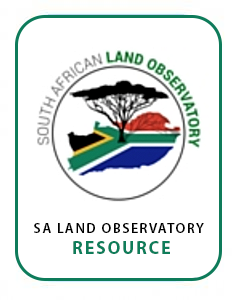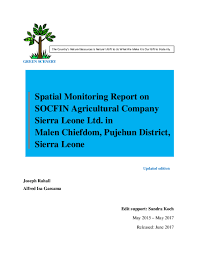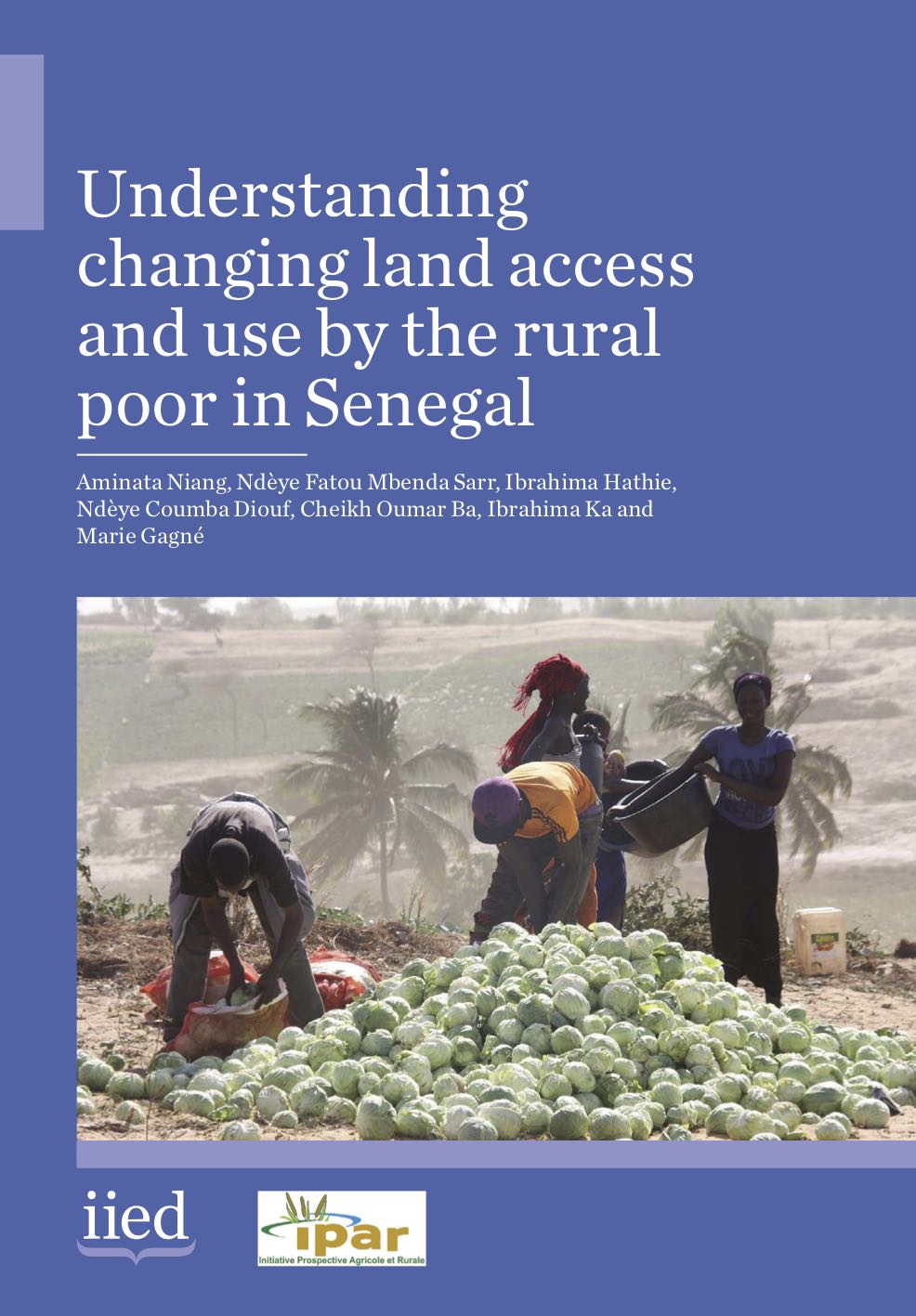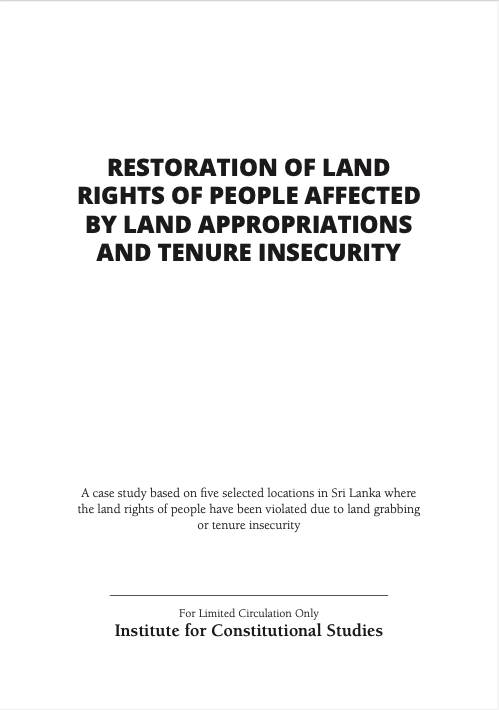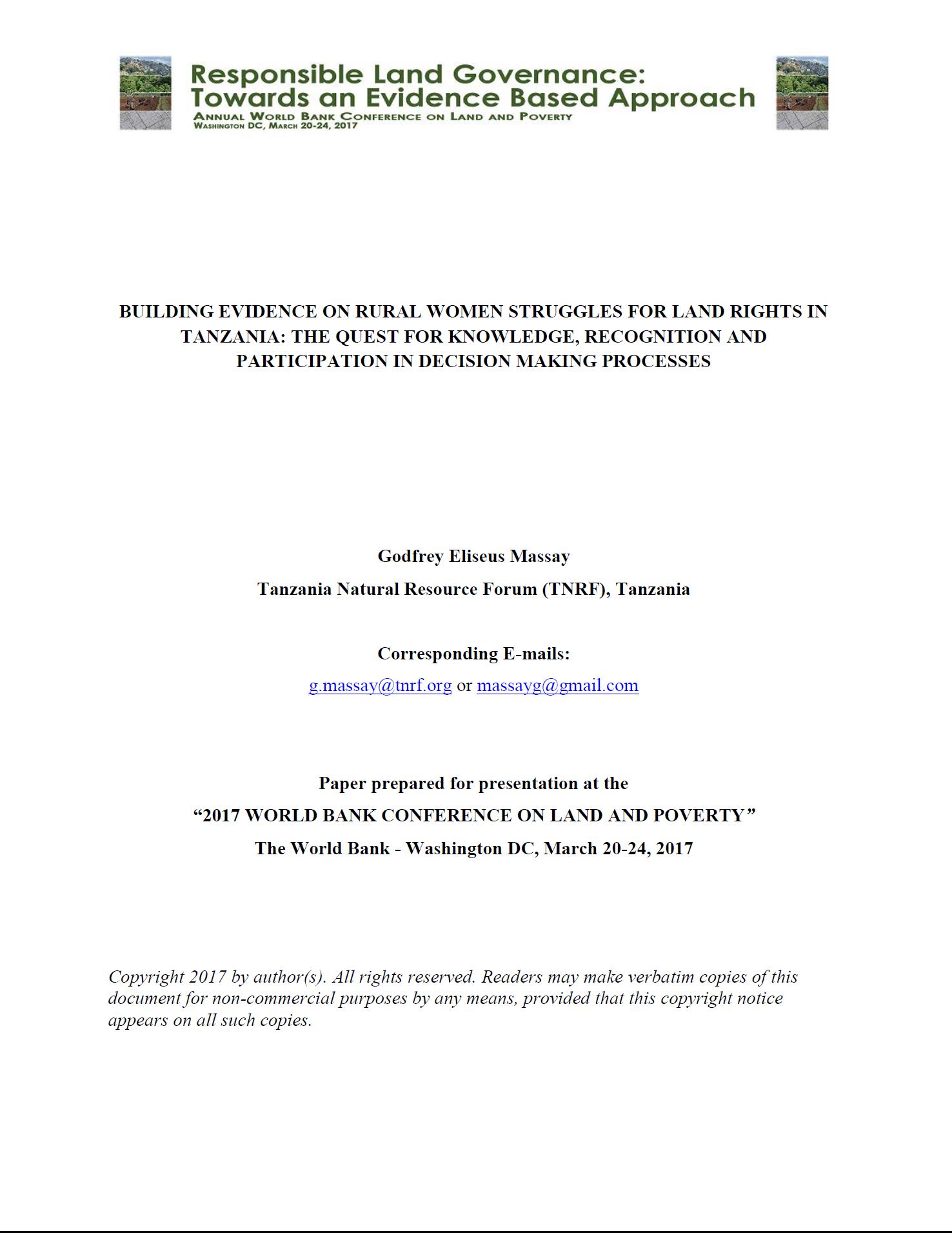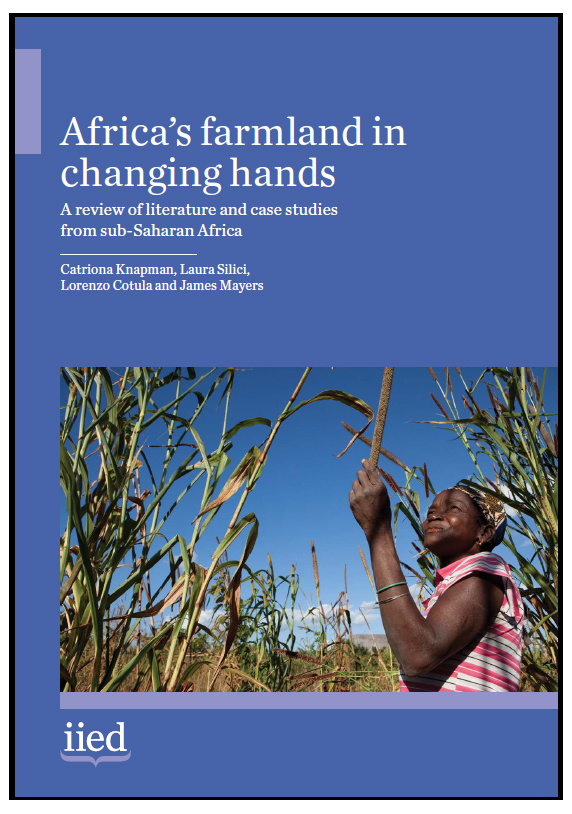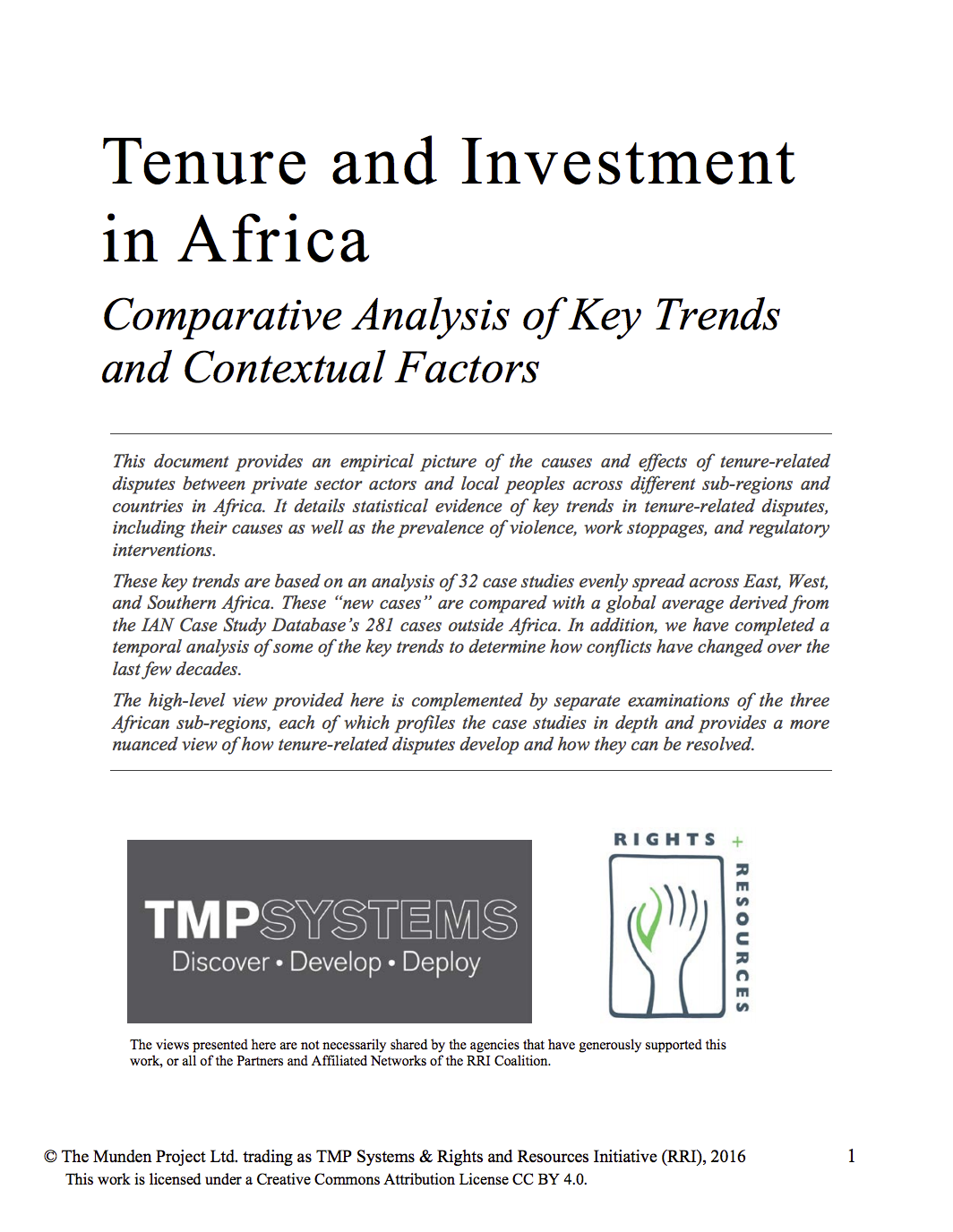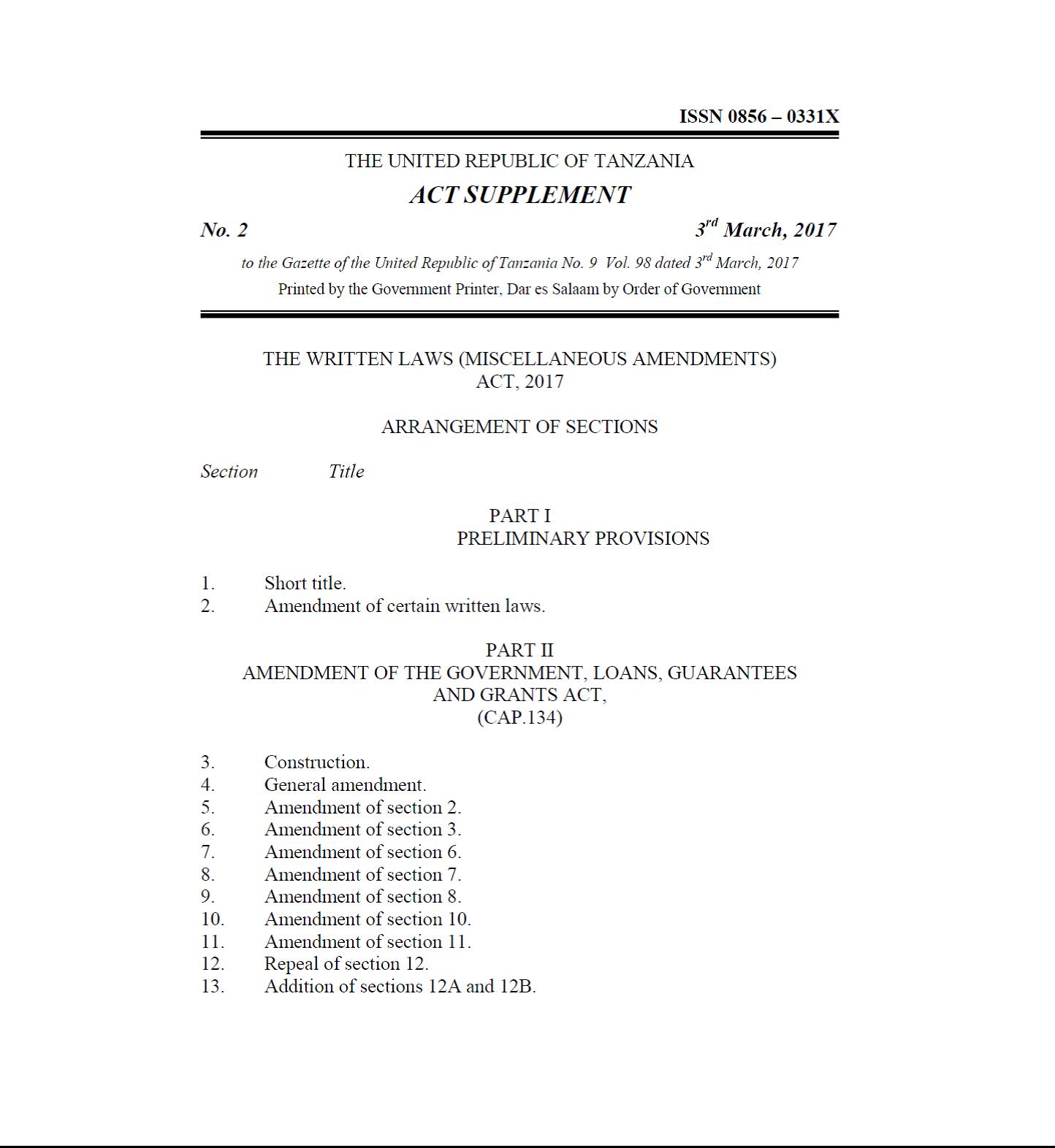Stakeholder Analysis In The New Land Conflicts Under The Background Of Urbanization
In the accelerating process of urbanization and social transition era, industrialization, urbanization and construction of urban-rural integration also inevitably leads to the land expropriation, land conflicts have become important issues in the development process.

